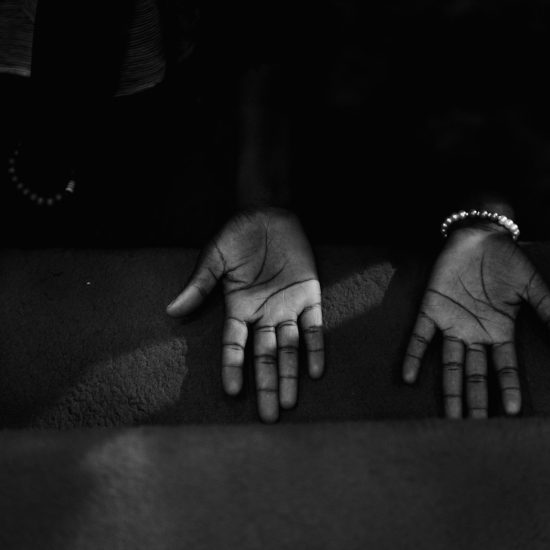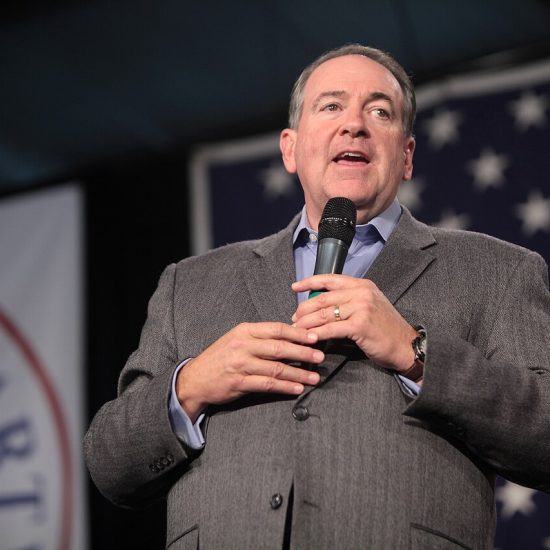
As thousands of Baptists from around the world gathered in England in 1905 for the inaugural meeting of the Baptist World Alliance, the second full day included remarks about missions by two Baptists from Louisville, Kentucky. William O. Carver, a professor at Southern Baptist Theological Seminary, talked about the work of his fellow Southern Baptists. He didn’t reference his neighbor who spoke shortly before him. But that speaker wouldn’t have even been allowed at Southern Seminary.
As a Black woman, Nannie Helen Burroughs was doubly unwelcome at the Baptist seminary in her own town. So the fact that she spoke at the BWA meeting in England is impressive. A Black woman sharing the stage with White men and teaching pastors about missions is still uncommon at many Christian events today. Even more so over a century ago. But there she was highlighting the missional work of Black women and urging more attention to Africa.
Born in Virginia in 1879, her grandparents had toiled in slavery and her mother had been born in bondage. Active in the National Baptist Convention (the Black convention since they were barred from full participation in the SBC), she electrified Baptist churches and meetings as she promoted missions and urged racial and gender equality. In 1898, she moved to Louisville to work for the NBC’s Foreign Mission Board. A few years later, she found herself across the pond, encouraging the work of missions along with a White Baptist from Louisville who found her unfit because of her race and gender.
Carver pushed notions of White superiority, even writing that it wasn’t possible “yet to affirm that the Negro has shown capacity for sufficient education, initiative, and resource to be capable of a native and independent realization of the ideals of Christian culture.” Thus, Carver criticized Reconstruction efforts, calling it a mistake to give full citizen rights to Black men (women of all races were still disenfranchised at the time). He even praised efforts to block Blacks from voting.

Attendees at the Southern Baptist Convention annual meeting in New Orleans, Louisiana, on June 13, 2023. (Emily Kask/Religion News Service)
For Carver, the religiosity of Blacks was inherently primitive. Teaching at a seminary founded by men who enslaved Blacks, Carver thought the morality of Blacks “represents a crude and underdeveloped stage of religious ethics.” He added that “all these things must be taken into account in judging the records of crime and vice in a people yet at a backward stage of the road from savagery to Christian civilization.” And as he called Blacks savages, he spoke at public ceremonies in Louisville to praise Confederate soldiers as godly and virtuous.
But while Carver mocked the education and faith of Blacks, Burroughs started a school in Washington, D.C., for Black girls who otherwise lacked educational opportunities. Her efforts in Baptist life, as an educator, and as an activist won praise from figures like Rev. Martin Luther King Jr. and Supreme Court Justice Thurgood Marshall. But apparently not from a Baptist professor at Southern Seminary.
A century later, two Louisville Baptists faced off this week during the annual meeting of the Southern Baptist Convention. One was a pastor targeted because of her gender. The other was a man at Southern Seminary. They didn’t share the stage, but they were pitted against each other in back-to-back speeches about women in ministry. And I could almost see Burroughs and Carver each cheering on their side.
This issue of A Public Witness goes inside the contentious meeting of the largest Protestant denomination in the U.S. to consider what the debate about women in ministry means for that body and the broader Christian witness. And Burroughs will get the last word.

The rest of this piece is only available to paid subscribers of the Word&Way e-newsletter A Public Witness. Subscribe today to read this essay and all previous issues, and receive future ones in your inbox.






